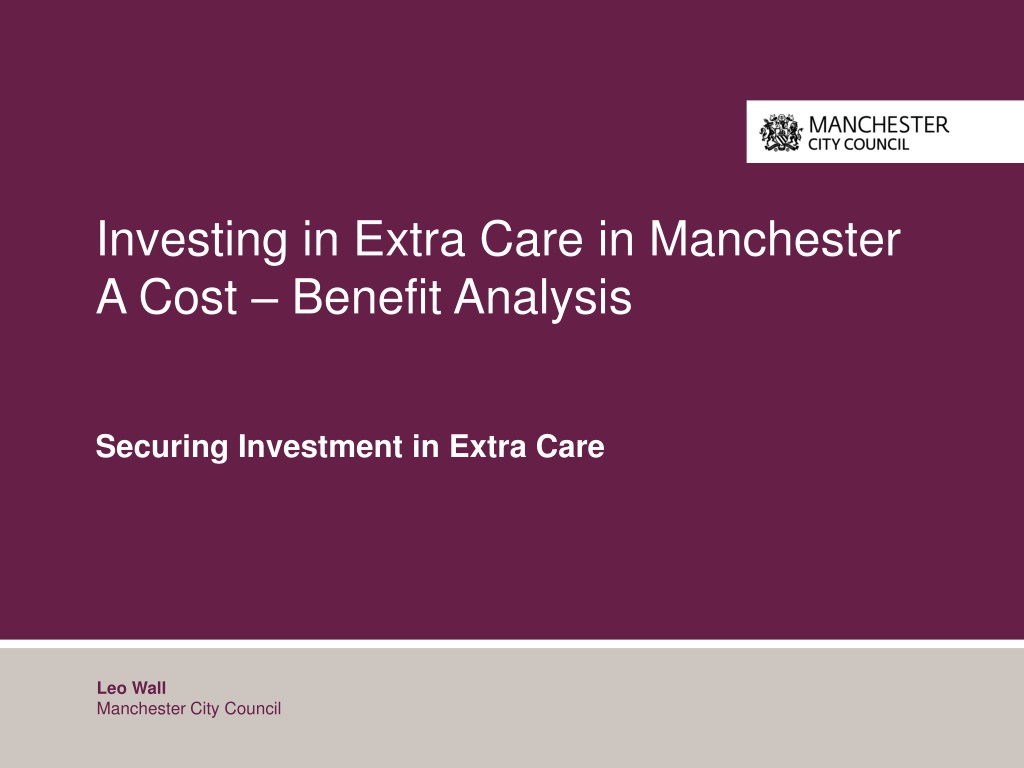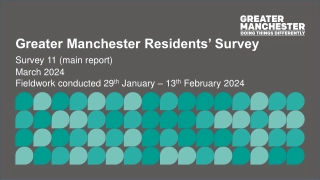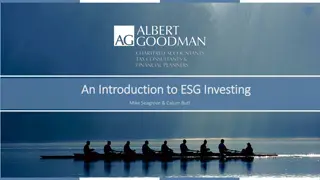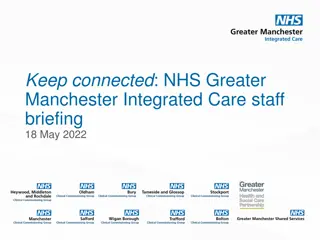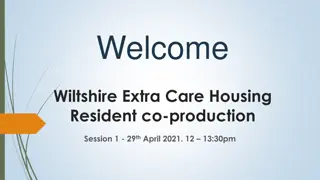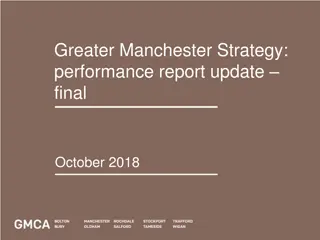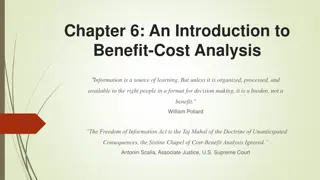Investing in Extra Care in Manchester: A Cost Benefit Analysis
Devolution and new investment in Health & Social Care in Manchester led to the use of Cost Benefit Analysis (CBA) to secure funding for Extra Care services. By presenting business cases supported by CBA, Manchester secured funding for innovative care models, including Extra Care, improving access to suitable housing and care for older residents in need. The CBA approach facilitated economic modeling crucial for decision-making in investing in new care models.
Download Presentation

Please find below an Image/Link to download the presentation.
The content on the website is provided AS IS for your information and personal use only. It may not be sold, licensed, or shared on other websites without obtaining consent from the author. Download presentation by click this link. If you encounter any issues during the download, it is possible that the publisher has removed the file from their server.
E N D
Presentation Transcript
Investing in Extra Care in Manchester A Cost Benefit Analysis Securing Investment in Extra Care Leo Wall Manchester City Council
Introduction Background devolution and new investment in Health & Social Care in Manchester How we used a cost benefit analysis (CBA) to secure investment in Extra Care in Manchester - What is a CBA? - How they work - What the results were for Extra Care - How it has been used in Manchester Introduction Slide 2
background Greater Manchester devolution deal - 450m investment made available for GM authorities through the GM Transformation Fund, to bid into to invest in health and social care services. Manchester bid, supported by CBA secured around 50m funding for acute and community new care models Within Manchester a number of business cases or new care models were presented to commissioners to decide which services to invest in Extra Care being one of them Key to this process has been the economic modelling using a CBA approach. Background Slide 3
What is a CBA? A weighing-scale approach to making business decisions all the pluses (the benefits) on one side of the scale and all the minuses (costs) on the other side What is a CBA? Slide 4
What goes into a CBA Logic model Costs Assumptions CBA model Model Inputs Slide 5
Model Inputs Input: 5.6m new investment to fund neighbourhood apartments and additional care within 8 extra care schemes over a 3 year period Target cohort older residents in Manchester (resident and/or registered with a Manchester GP) generally those leaving hospital and unable to return home, need for more suitable property for short period of time, need 24 hour access to care and support Extra Care Model Inputs Slide 6
Logic Model/Theory of Change Inputs new investment, new opportunities Activities secure leases for neighbourhood apartments, furnish them and achieve occupancy rates. Make people aware of this resource Outcomes People chose to live in Extra Care housing, acute hospital avoidance, faster discharge from hospital, delayed or avoided residential care admissions, improved health and wellbeing and greater independence of residents Extra Care Logic Modelling Slide 7
Model Assumptions Schemes will be built on time and planned number of units will be available H&SC staff are aware of scheme and make referrals By accommodating people in Extra Care residential care admissions can be delayed or avoided Cost of care in Extra Care setting is cheaper than residential care and the outcomes are at least as good Model assumes 95% occupancy rate Savings can be realised to continue funding future care Extra Care Model Assumptions Slide 8
Model Outputs Extra Care CBA Results Slide 9
Model Outputs - breakdown Extra Care Savings Breakdown Slide 10
Using the CBA Model The model was used to support the successful bid for investment It can be used as a starting point for performance management metrics evidence and monitor saving targets It can be adjusted to take account of delays in schemes being built It can be used to identify saving targets for individual schemes CBA Model Usage Slide 11
Questions Leo Wall Manchester City Council l.wall@manchester.gov.uk Leo Wall l.wall@Manchester.gov.uk Manchester City Council Slide 12
